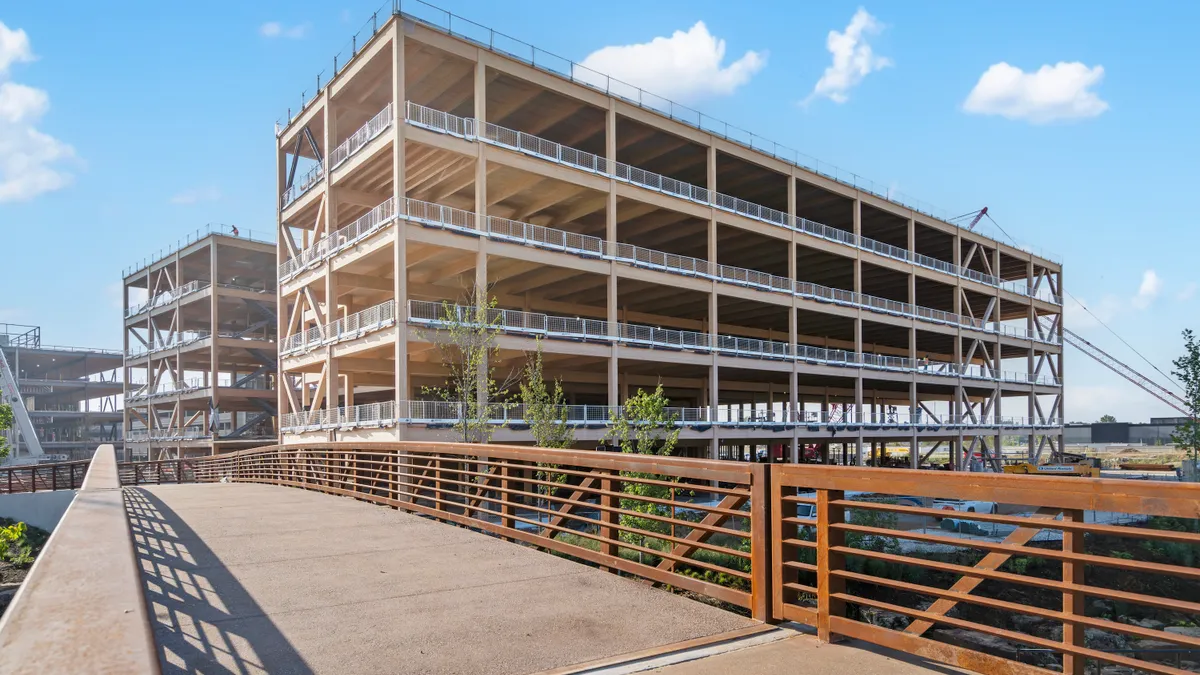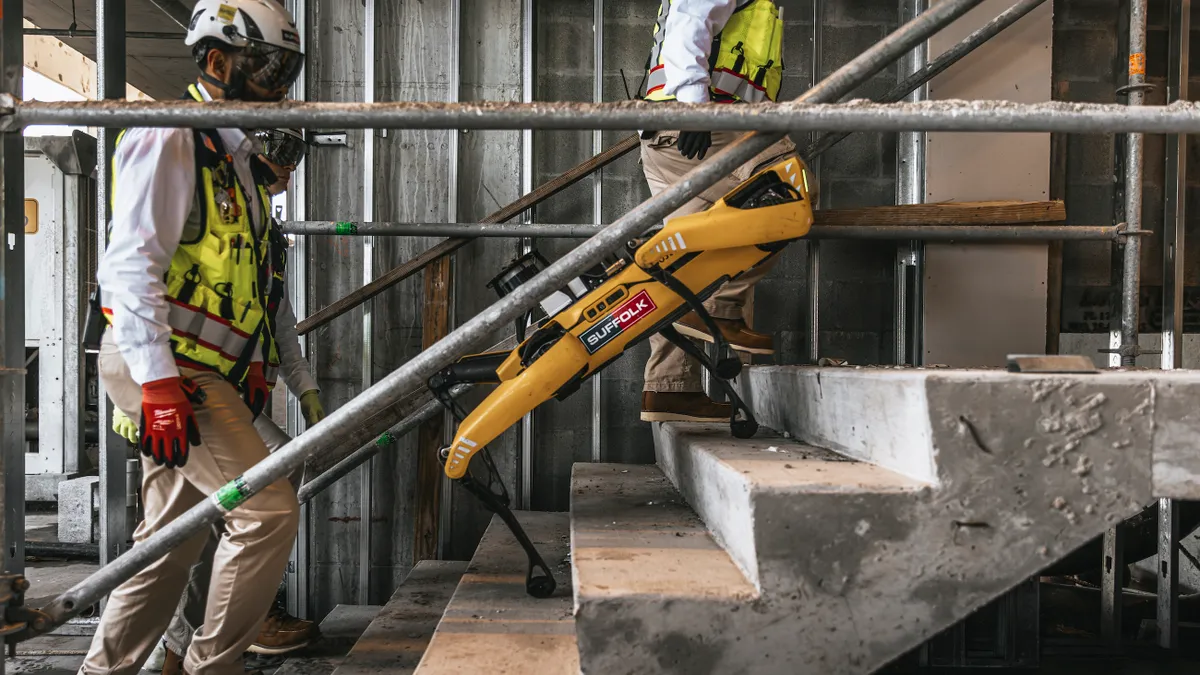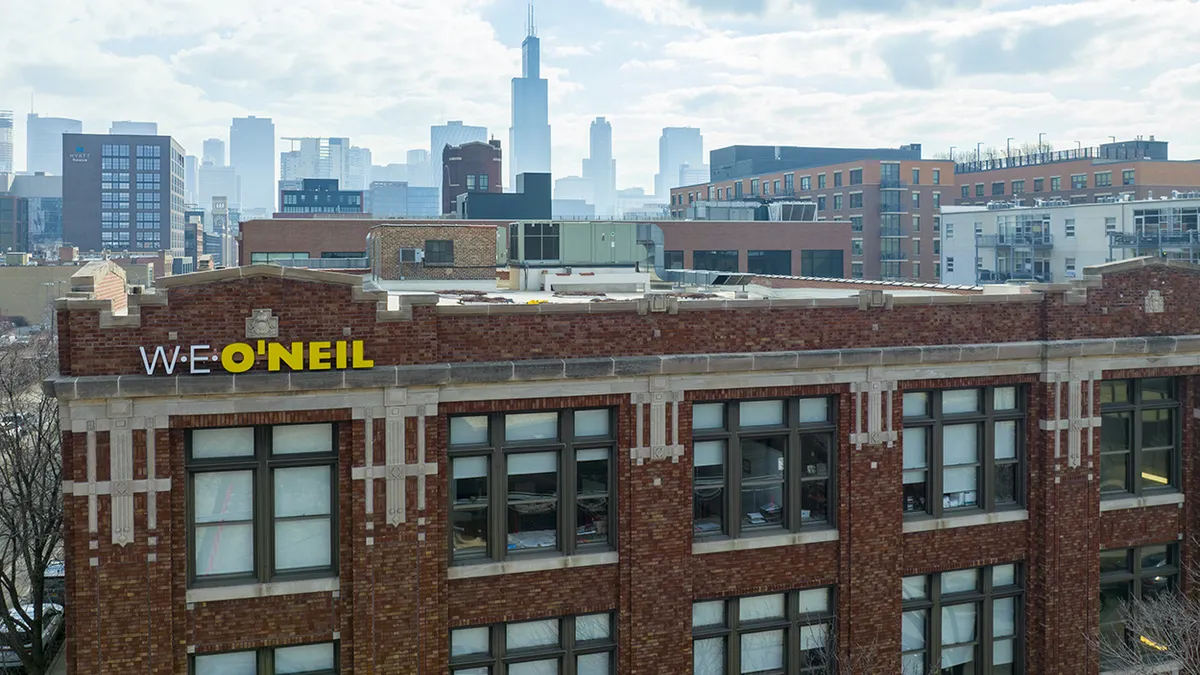While the coronavirus pandemic has negatively impacted many construction companies' operations, several publicly traded firms seems to be weathering the situation and are looking forward to improved conditions by the end of this year.
Earlier this week, Los Angeles-based contractor AECOM reported near-record Q2 new project awards of $8.6 billion that drove its backlog to an all-time high of $42 billion. Revenue in the second quarter was $3.2 billion, up 5% from the same time period last year, the company announced in its second quarter earnings call.
Two other large multinational firms, Tutor Perini and Jacobs Engineering Group, announced their earnings yesterday.
Tutor Perini
Los Angeles-based Tutor Perini reported strong results for the first quarter of 2020. During the first three months of the year, the company generated $1.3 billion in revenue, a 30% increase from the first quarter of 2019. It was the firm's the strongest first-quarter revenue growth in the last eight years.
Quarterly income from construction operations was $47.2 million, more than double what Tutor Perini reported in Q1 2019. The company's civil and specialty groups were major drivers of its Q1 performance, with revenue growth of 46% and 47%, respectively.
The firm's backlog at the end of the first quarter was $10.6 billion versus the $11.6 billion it reported a year ago, a variation that the company chalks up to the timing of awards.
Tutor Perini has several $1 billion-plus projects coming up for bid in the next year, including the multibillion-dollar Sepulveda Transit Corridor Project for the Los Angeles County Metropolitan Transportation Authority in California.
The LA Metro has shortlisted five groups to bid on the Sepulveda project, including one that has Tutor Perini teamed up with Parsons and Plenary. During the earnings call Wednesday, Ron Tutor, chairman and CEO, said the company is also one of three firms selected to submit proposals for the $1.2 billion Metro-North Penn Station Access project, which is scheduled to bid late this year or early next year.
Since much of its work has been deemed essential, Tutor said, the company has seen little impact to its operations as a result of the coronavirus pandemic. However, it has been affected in the areas of bidding and legal proceedings. The company, in some cases, has seen bidding pushed out 60 to 90 days, with postponements to mediations and other settlement proceedings that could result in the generation of additional cash, he said.
Nevertheless, Tutor added, the first quarter is typically the weakest for the company because of the common weather-related delays for infrastructure projects in the Midwest and Northeast. But that hasn't happened this year.
"Our first-quarter results were nothing short of outstanding and well ahead of our own expectations," Tutor said. "Suffice it to say we're enjoying an excellent start to the year and are confident that the rest of the year will continue to show progress and improved performance compared to last year."
Because state budgets are likely to be overwhelmed with COVID-19 expenses, Tutor said, it is important that the federal government step in with an infrastructure bill that will fill in potential, future funding gaps. However, the company's backlog should not be affected by potential state budget troubles because money already has been allocated for those projects, he said.
Jacobs Engineering Group
Jacobs Engineering Group yesterday reported fiscal second-quarter revenue of $3.4 billion, up 11% from the same time period a year ago. The firm said its backlog increased $2.6 billion to $23.3 billion, up 12.5% year over year.
Although most of its jobsites remain open, Jacobs has been negatively impacted by coronavirus-related disruptions in certain federal markets where physical distancing measures have slowed progress. Company leaders said they expect operations to return to near normal status by the end of the year and are bullish on 2021.
“This is a situation where demand is sitting there and we and our clients have to physically get back at it,” said CEO Steve Demetriou during the earnings call. “It’s not a situation where projects have been canceled and we have to rebuild the pipeline.”
The Dallas-based company has retained 99% of its workforce during the crisis and is considering making telework options that have been successful during the pandemic permanent, said Demetriou.
To that end, company leaders are considering how the move to remote work will affect its workplaces, which President and Chief Operating Officer Robert Pragada said could incorporate collaborative “centers."
“We’re looking at layouts and workplace strategies that are unique according to the different function or operation of that office,” he said. “A design center might have a different layout than say a hub or client site.”
Pragada said Jacobs expects new types of work as clients react to the pandemic, particularly in the areas of sports arenas and higher education. Nevertheless, jobsites will not look the same as before the crisis, he said.
“We’re not putting a timeline out there saying things are going to go back tot he way they were on Feb. 1 by a certain date,” said Pragada. “Instead of preparing for a world post-COVID we’re preparing for a world with COVID.”

















